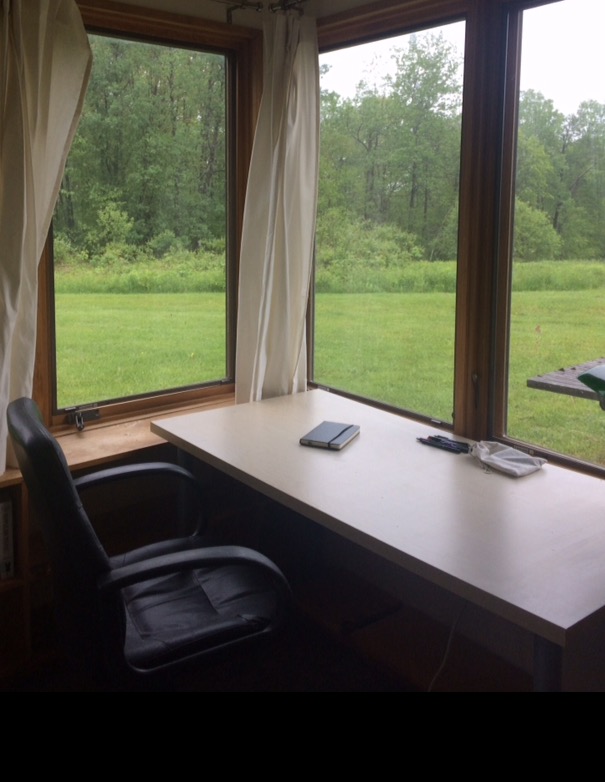
Mornings were always my best writing time. I woke early, predawn when my children were young, putting the kettle on for tea and sitting down to write before they were up, in that blueblack space between sleep and wakefulness. By the time our day began, I had already covered miles of inner terrain and created whole worlds as they dreamed.
Now, those children are teenagers and I find myself with my phone in my hand often before I even get out of bed, checking weather, then email. From there, I usually click over to Facebook to see if anything big is going on or if I have any messages, likes, or comments, and finally over to Instagram for the same, before going downstairs and scrolling while the coffee brews and the cats brush against my legs, waiting for breakfast.
Now, I try to write, get bored, and look something up. I try to write, feel stuck, and go watch an inspiring TED talk to get me motivated. I try to write and someone invites me to an event on Facebook and I reply and check to see who else is going, clicking on old friends’ and acquaintances’ profiles to see what everyone has been up to, and I am lost down the rabbit hole again.
Bingeing on social media and Internet use is very much like issues with food. There is a hunger without a name gnawing at the hollow of the belly. It isn’t a physical hunger, though. It comes from a need for pleasure, comfort, and distraction from our boredom and our often difficult modern lives. It is escapism. It seems positive or essential–I need food–I need connection to others. But, the food is largely junk, full of sugar and chemicals we can’t pronounce. Much of social media is largely junk, too, full of memes, quizzes, and links to funny cat videos.
I want to say, as clearly as I can, that I am not bashing any of these things because I laugh at the memes, take the quizzes, and watch those videos on a loop, too. I do it every single day and I enjoy some aspects of it. But, when I find myself avoiding my writing or my feelings of boredom or loneliness by clicking back and forth between the carefully curated and sponsored Instagram people’s perfect lives–or, taking a quiz to see what kind of tree I would be, yet again–I think it is something worth pausing to think about.
What, exactly, am I getting out of this but a very temporary fix that relieves the boredom, but also simultaneously hooks me into ever-increasing consumption?
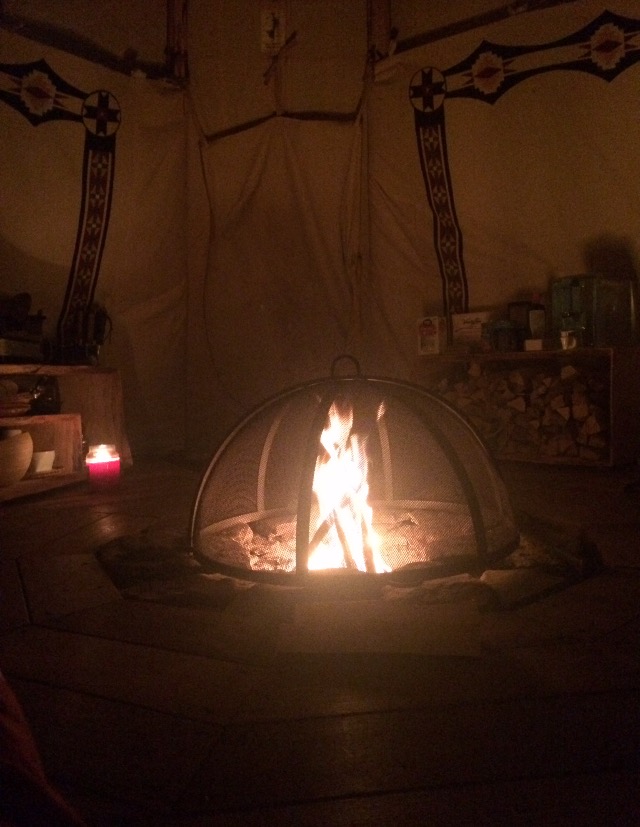
Last September, my partner and I spent a long weekend in a tipi in upstate New York, in a location where there was no Internet and no cell phone service at all. After a few hours of strange technological deprivation anxiety, it slowly ebbed away. My phone went into a backpack, turned off, useless. We wandered long gravel roads, talking without pausing to so much glance at a text or even to break the moment to take a picture of the foxglove blooming wild alongside the road or the streams cutting across the jagged hills. We lit campfires, a slow meditative process of making fire. We lounged in a hammock, our feet tangled together along with our words. He napped and I wandered into a sun-drenched meadow ringed with wildflowers.
There, I spread a blanket on the ground, opened a book, and let my body sink into the earth, light spilling over me. I dozed and read until the sun set, then he joined me there and we watched the stars emerge, one by one, excitedly pointing each out as it revealed itself in the gathering darkness. He sat behind me, arms wrapped around me, and I felt like we were the only two people in the whole world, watching the celestial performance the sky put on just for us.
Would we have had the same experience if we were together in that field illuminated by the glow of our respective cell phone screens instead of starlight? Would our excitement and presence in the moment have been as powerful if we were streaming our favorite shows and checking work emails or quickly popping in to see what our friends were up to on social media? I already know that the answer to this, for me, would be no.
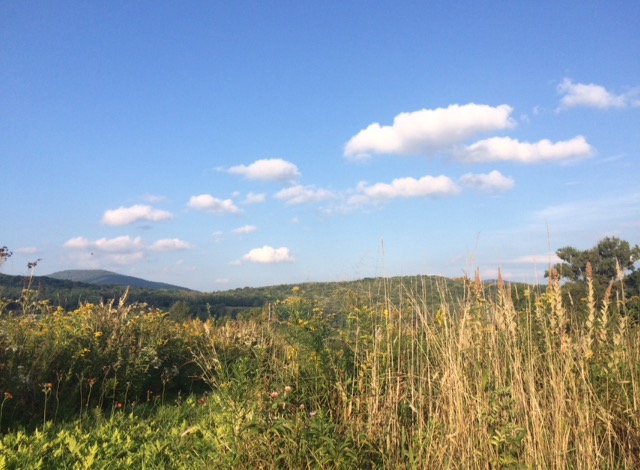
More recently, I attended a writer’s workshop and residency at the Millay Colony, again in upstate New York, and again minus cell phone reception. Though less isolated than the tipi weekend (some wifi was available here and there), I opted not to go online for more than twenty minutes per day. That was it. All email, social media, and news had to get done in that time frame or it didn’t happen.
I was ruthless in enforcing this. I didn’t waver or make exceptions.
What I did was take long walks and stare out my studio window. I read books. I napped. But, mostly, I wrote…and wrote…and wrote. I wrote in the workshop intensive with two different instructors. I wrote in bed. I wrote outside on a rock wall in the sun. I wrote sitting on a bench in the middle of the woods at the grave of poet Edna St. Vincent Millay. I filled an entire notebook of over 120 pages in just five days and I did so because I disconnected from the Internet and connected to my fellow writers there and my own creativity.
While I was at Millay, I was already thinking about the ways my unplugging was an antidote, a remedy, a heady dose of good medicine for me. I also was feeling shame that I was unable to better manage my online consumption and addiction to these distractions. Then, other writers there confessed that they’d disabled their wifi, too, hoping to escape it. One workshop facilitator, a brilliant, award-winning writer I admire deeply, talked about her internet addiction and how she had to write her latest book in her car parked down by a river in her hometown because it was the only spot where she couldn’t get Internet on her phone or laptop. This same writer told us how she just built herself a studio at her home, one positioned where it is because she trekked around the property until she found another Internet dead-spot and said to the builder, “Here–I want it built right here.”
Listening to her talk about this, I felt a clear truth rising through me, a voice, “See, you aren’t the only one!” echoing through my consciousness.
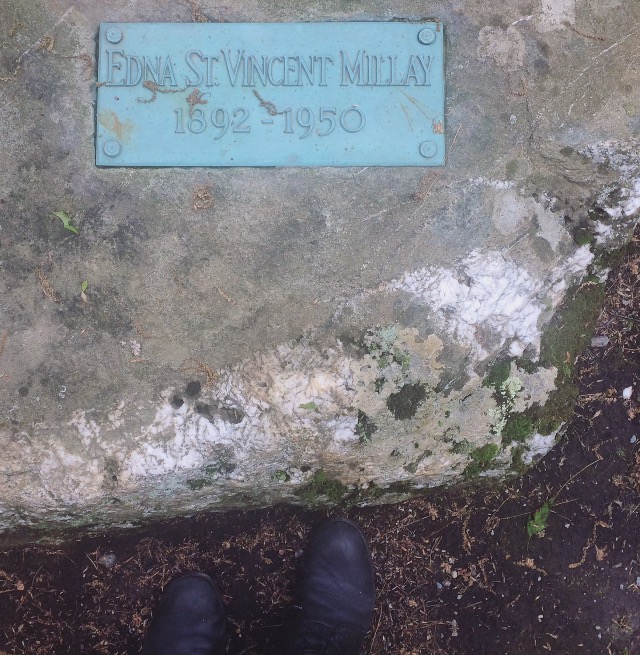
Maybe you have a stronger will than I do. Maybe you only use social media sparingly and it doesn’t impact your time with others or your creativity or your emotions. If so, these words aren’t for you. I have deep admiration for your discipline and clarity and aspire to the same myself. But if, like many of us are, you’re more consumed by your online life than you feel is good for you, I invite you to consider a summer experiment of restoration and renewal by pulling back from the Internet and sinking more fully into your world offline.
You may not be a writer, but you might be an artist, a baker, a long-distance runner, an animal rescuer, a gardener, an activist, a volunteer, a reader, a parent, a naturalist, a lover, a friend. Or, you might be nothing more than quiet, letting the empty space of what was Internet overuse become filled, instead, with contemplation, meditation, and healing.
As for me, I am going completely off the Internet grid every third day for the rest of the summer. No social media, no email, no online activity at all. I’ll answer calls or texts, but I likely won’t keep my phone right with me, so my responses will be slower and more intentional. On the other days, I will block off four hour chunks of Internet-free time, cut with brief 20-30 minute intervals of connection.
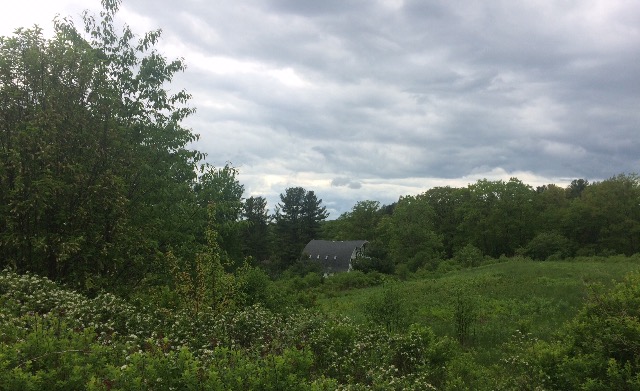
For some of you, my goal of unplugging and seeking renewal already looks like what you do, and it may seem trivial. For others, you feel an immediate rejection of what I am doing, an insistence that you absolutely must check email daily or social media hourly or the news twice a day–and perhaps that’s even true. We all lead very different lives and I have nothing to offer but my own experiences and inquiry.
But, as a sweet summer experiment, consider what would happen if you pulled back in any way you could from online life and got reacquainted with the life you’re actually living. Maybe you simply establish phone and Internet free zones or meals or times of day. Go out and fill some notebooks with the words only you can write. Spread a blanket in the grass with a lover and watch for stars. Let this summer be a time of renewal and return, connecting the scattered parts of yourself you’d lost in the Internet glow–finally, fully complete–radiating light, your own private constellation.
Cathleen Delia Mulrooney
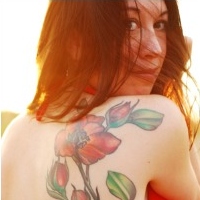 Restless. Sleepless. Book-lover. Wordsmith. Deep roots. Prodigal heart. Teacher. Guide. Wanderer. Witch. Tea, tarot, hot baths, stitchcraft. Curator of narrative relics, remnants, & curiosities.
Restless. Sleepless. Book-lover. Wordsmith. Deep roots. Prodigal heart. Teacher. Guide. Wanderer. Witch. Tea, tarot, hot baths, stitchcraft. Curator of narrative relics, remnants, & curiosities.
Cat is also a freelance writer, editor, and teacher. Her poetry, fiction, essays, interviews, and reviews have appeared in a variety of online and print publications. She has been teaching writing at the college level since 2000, and has facilitated creative writing workshops in elementary schools, high schools, prisons, and private organizations, as well as workshops exclusively for women to write their body and tarot-based narratives.
Through her Queen of Cups Tarot community, she offers private, group, and online tarot readings. Find her online at http://cdeliamulrooney.com and Facebook: https://www.facebook.com/queenofcupstarot/
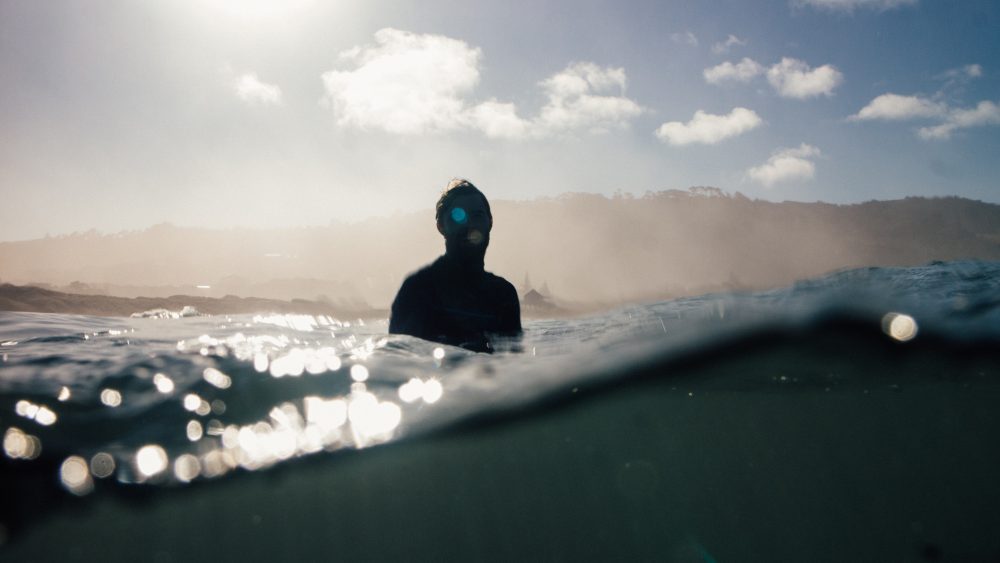
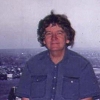 John Grey is an Australian poet, US resident. Recently published in New Plains Review, South Carolina Review, Gargoyle and Big Muddy Review with work upcoming in Louisiana Review, Cape Rock and Spoon River Poetry Review.
John Grey is an Australian poet, US resident. Recently published in New Plains Review, South Carolina Review, Gargoyle and Big Muddy Review with work upcoming in Louisiana Review, Cape Rock and Spoon River Poetry Review.
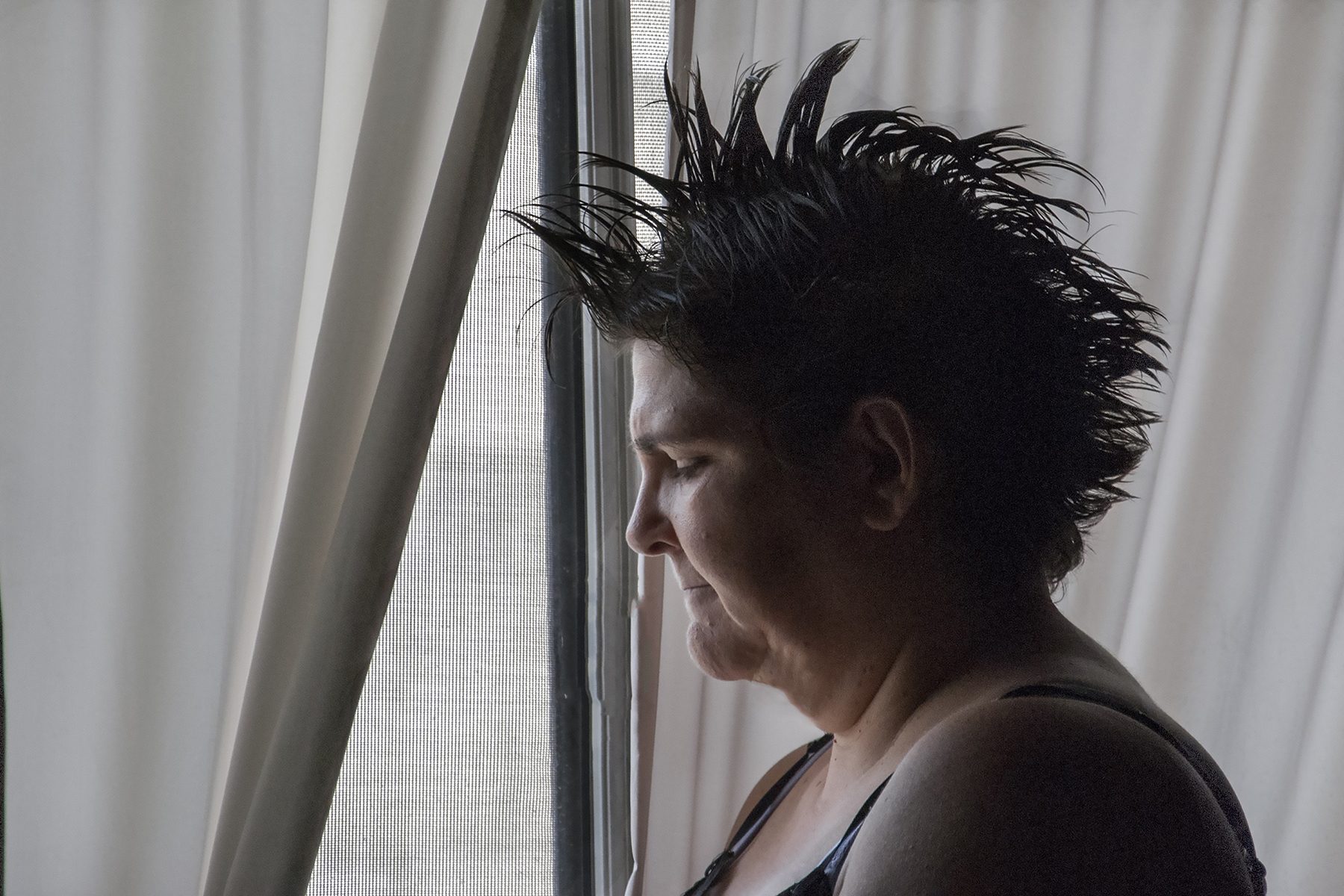
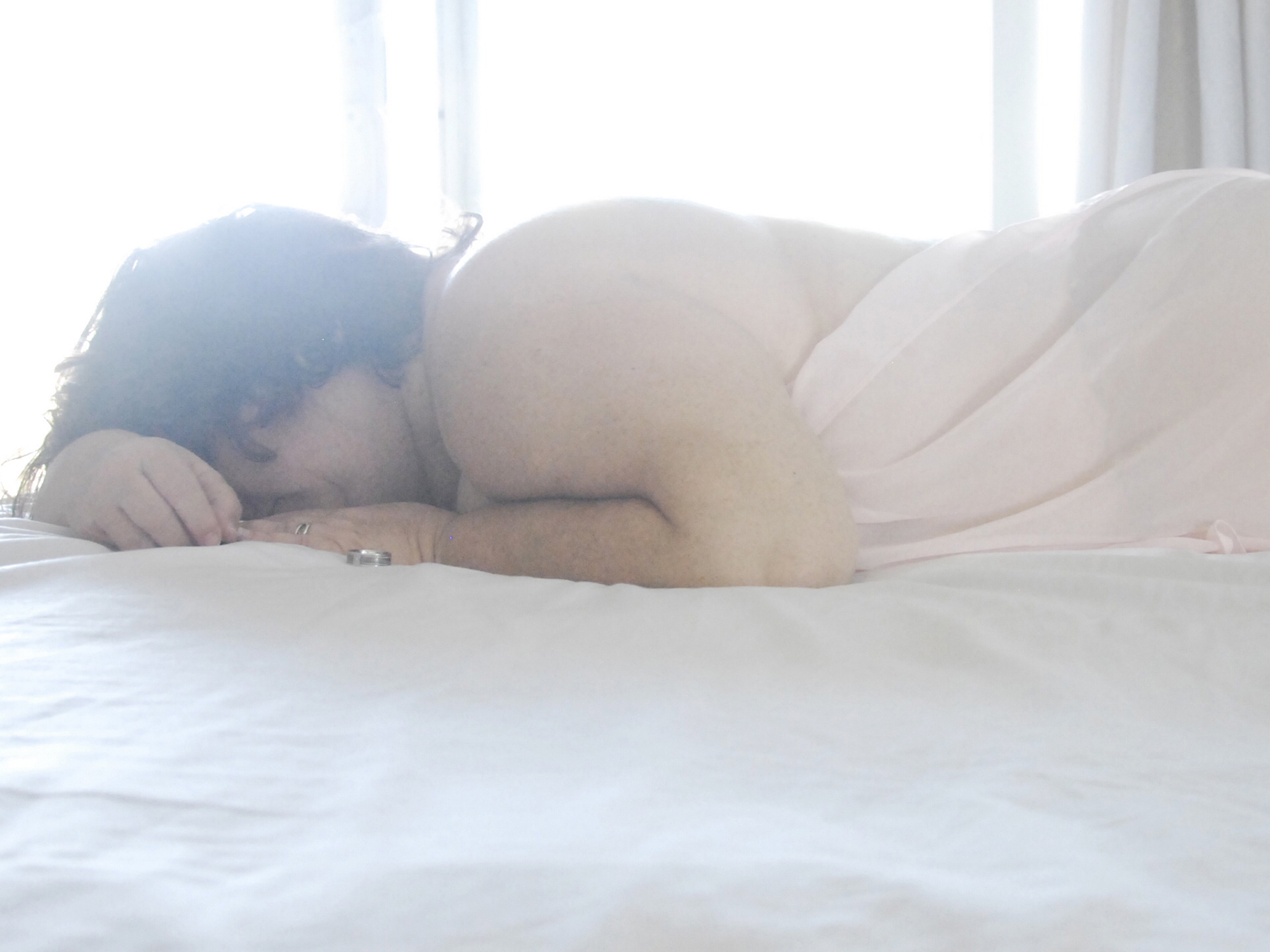
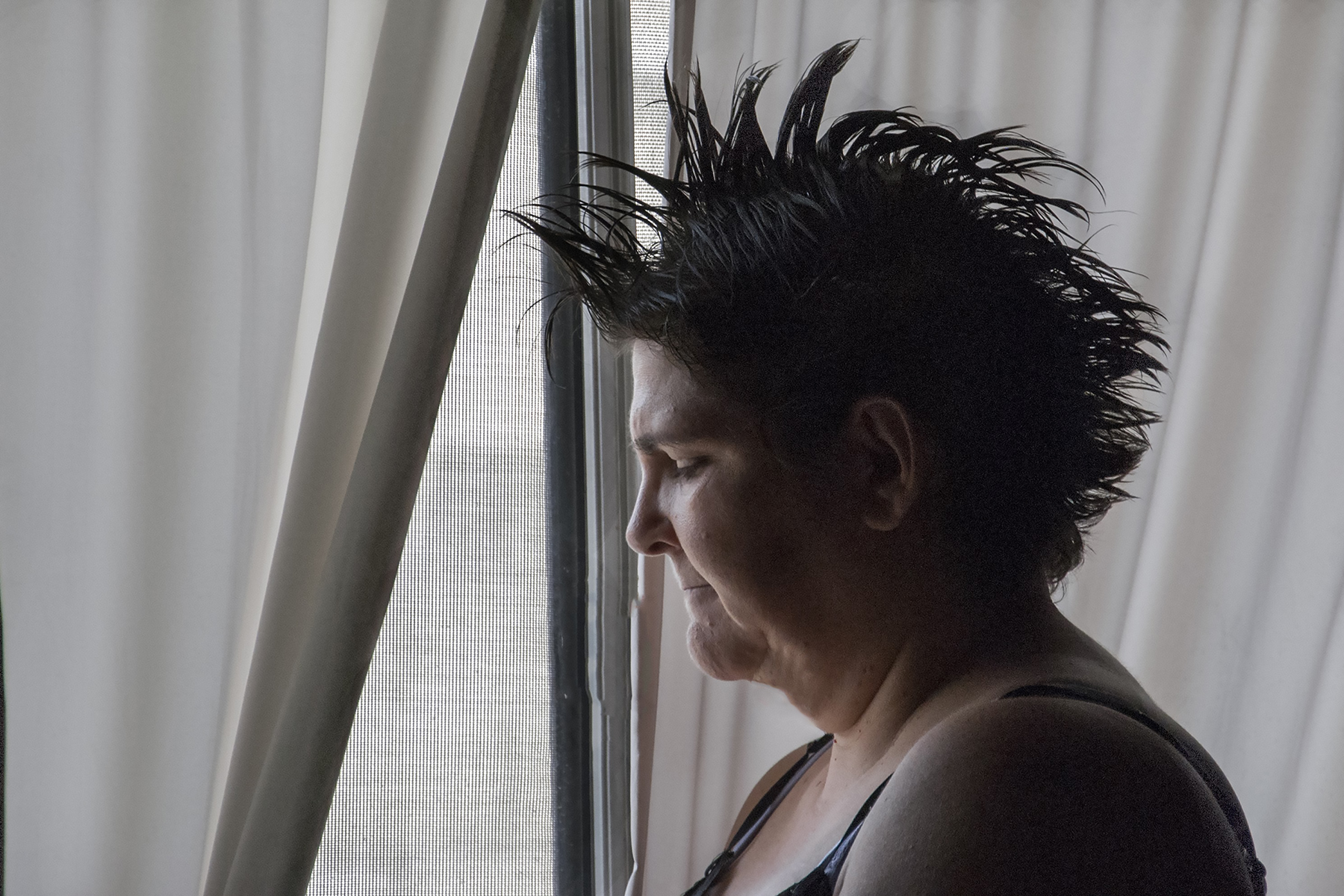
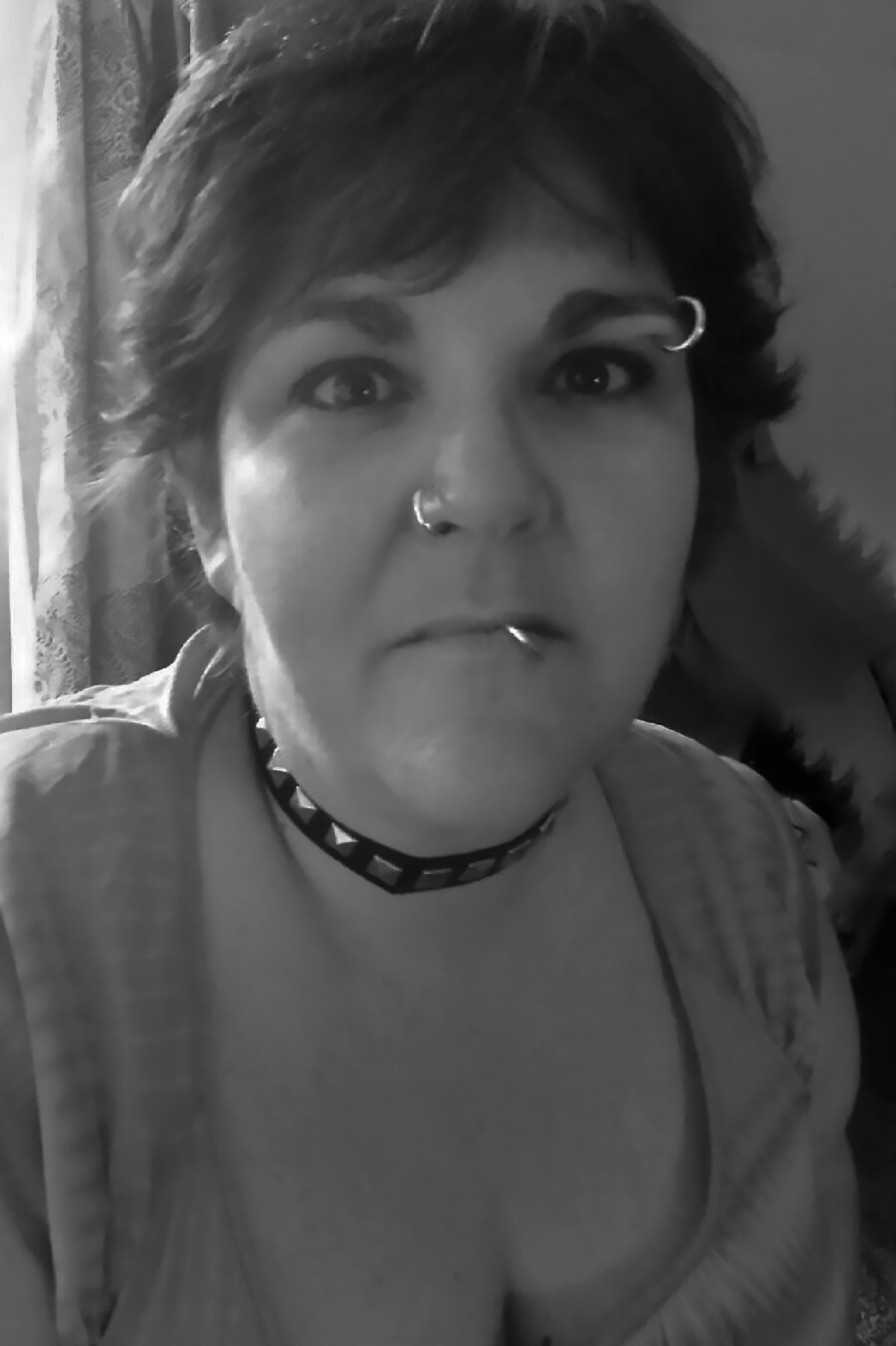
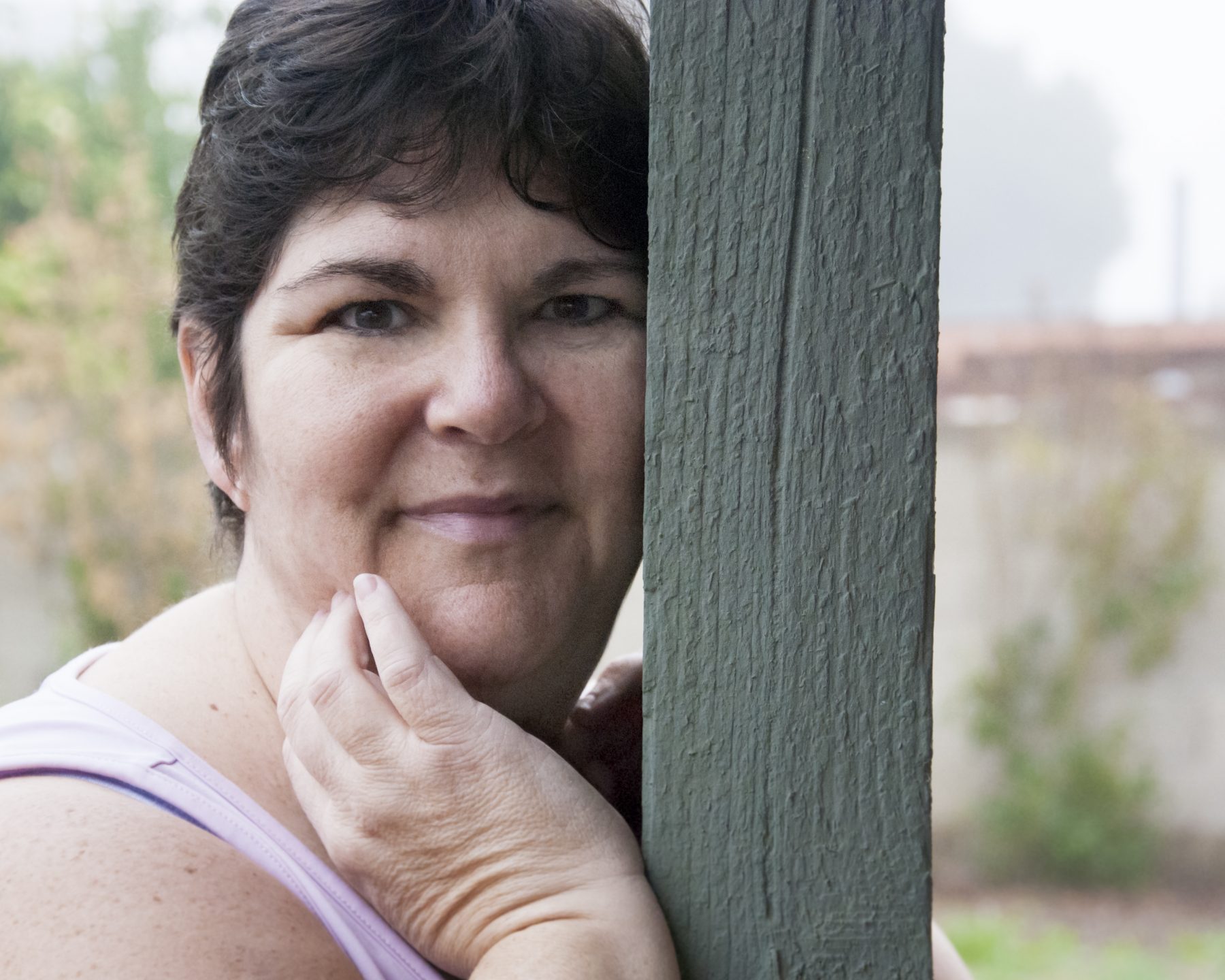
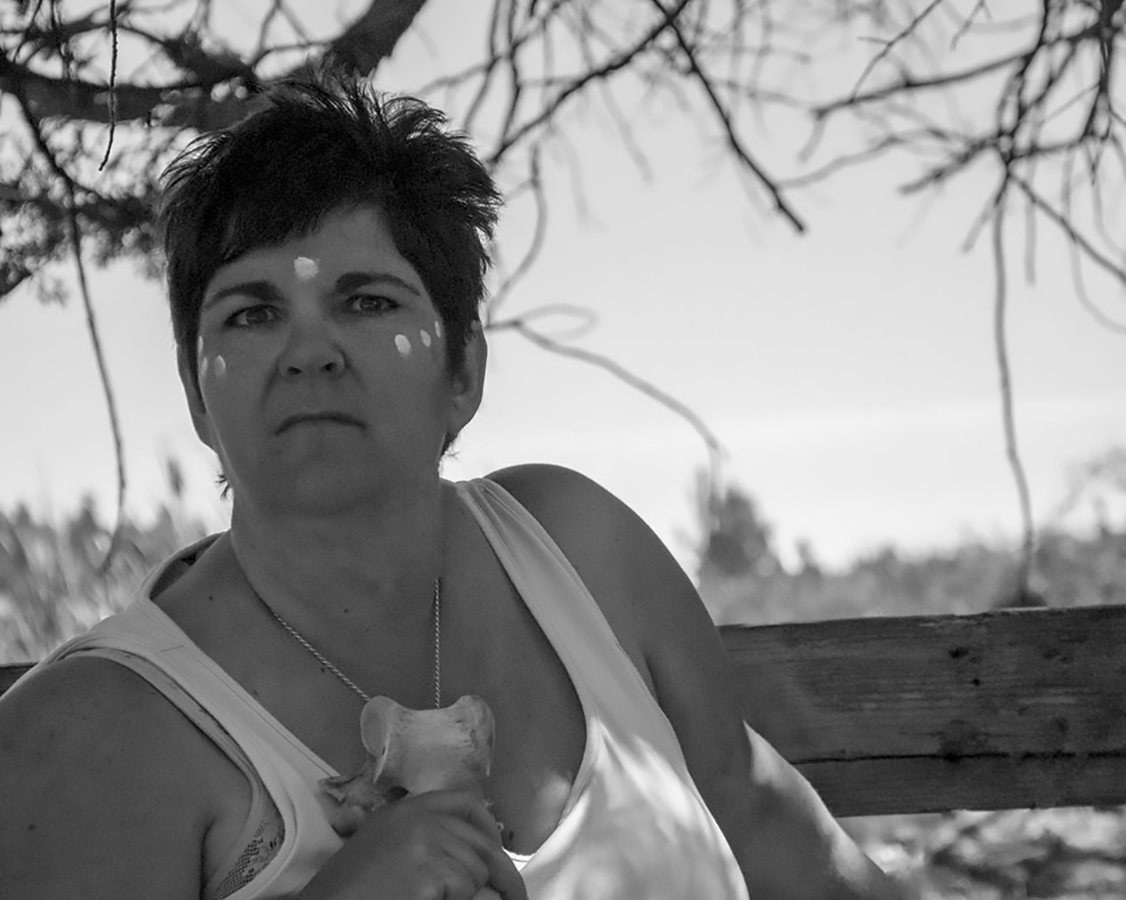
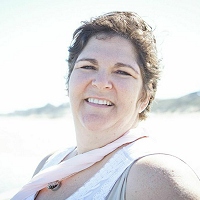
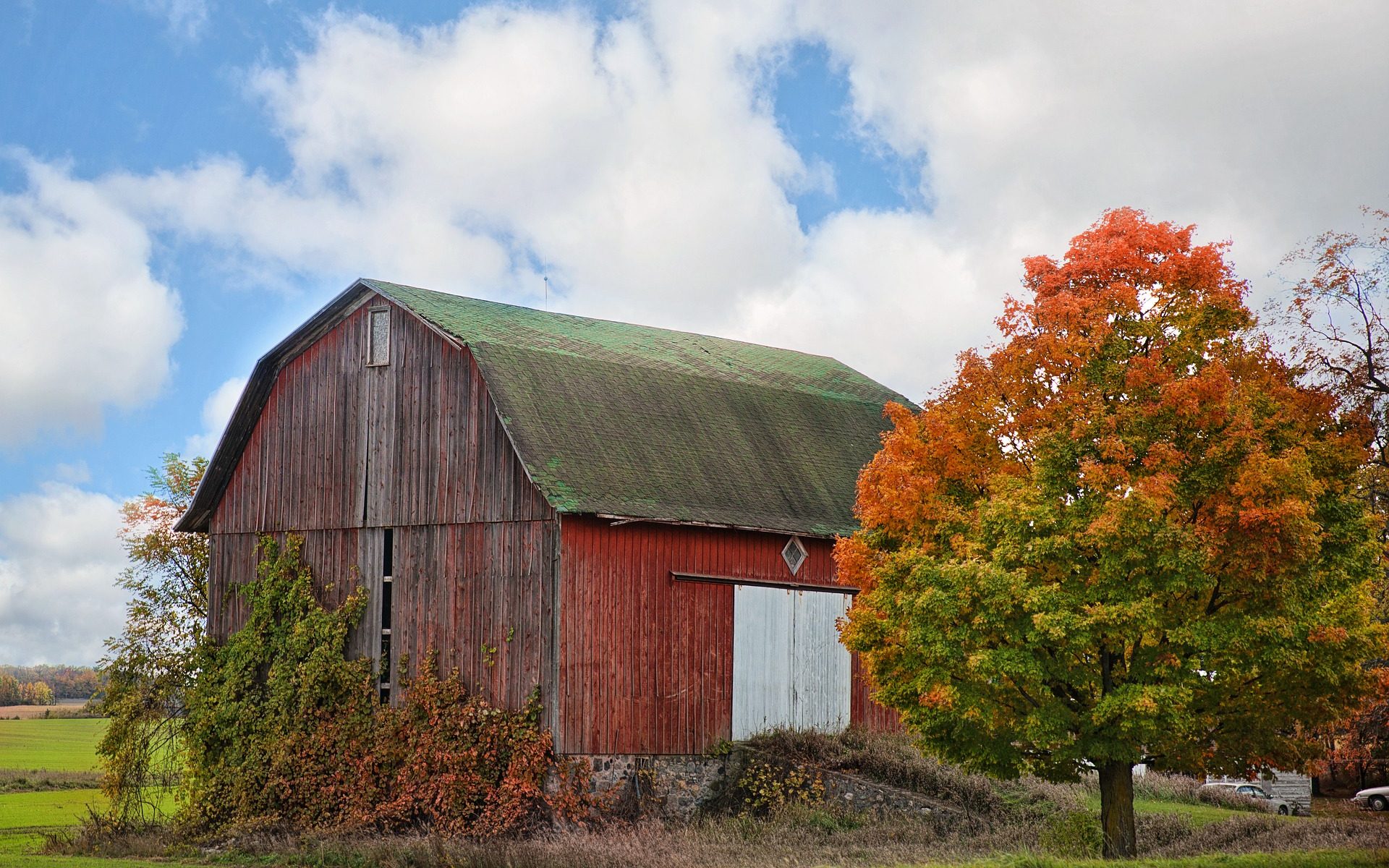
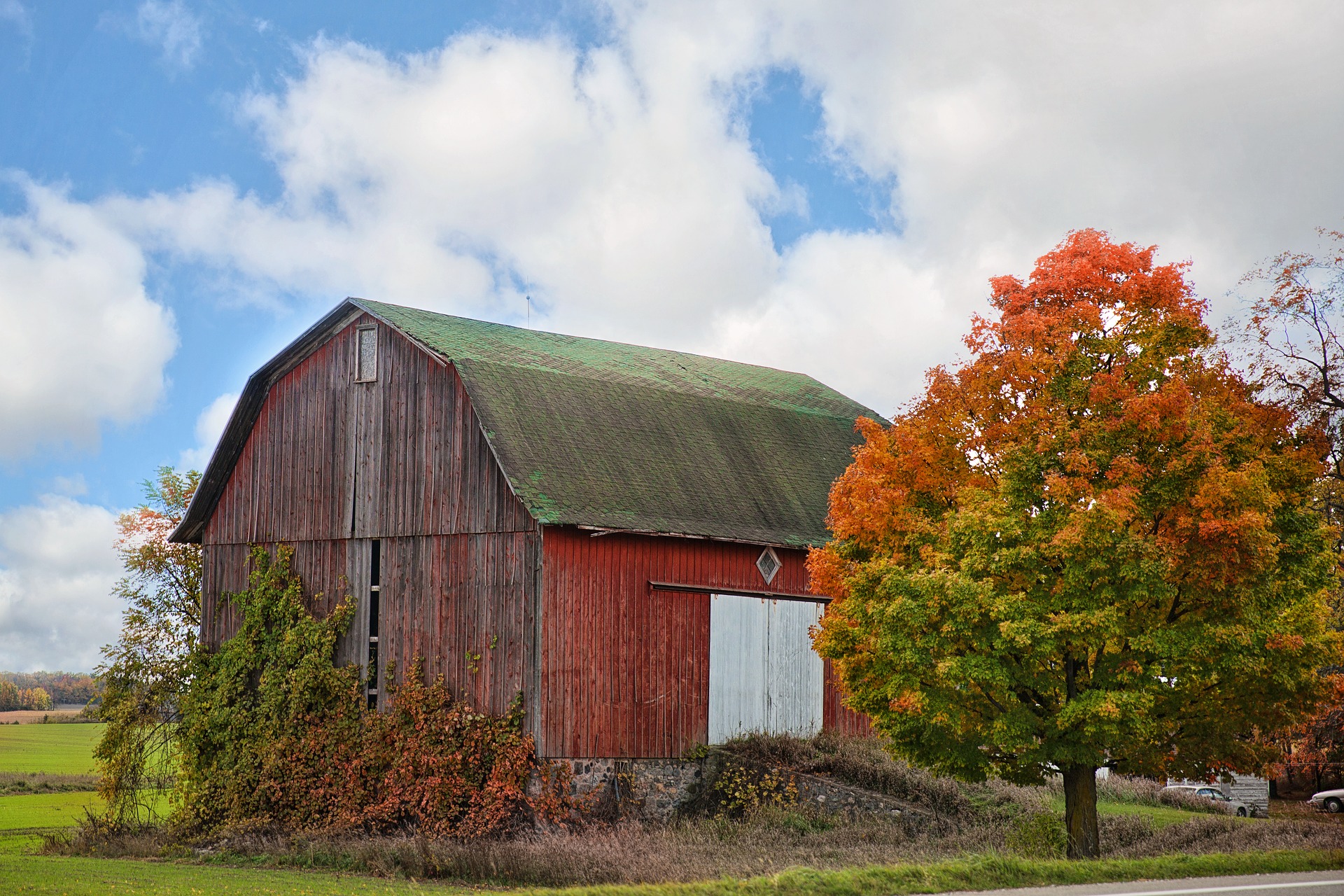
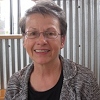
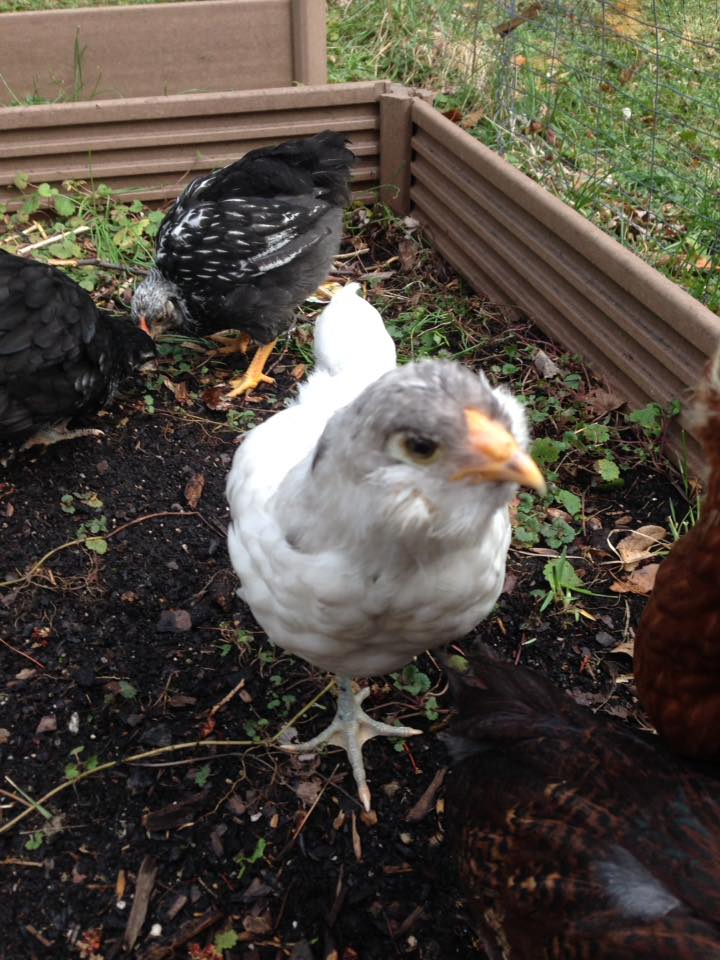

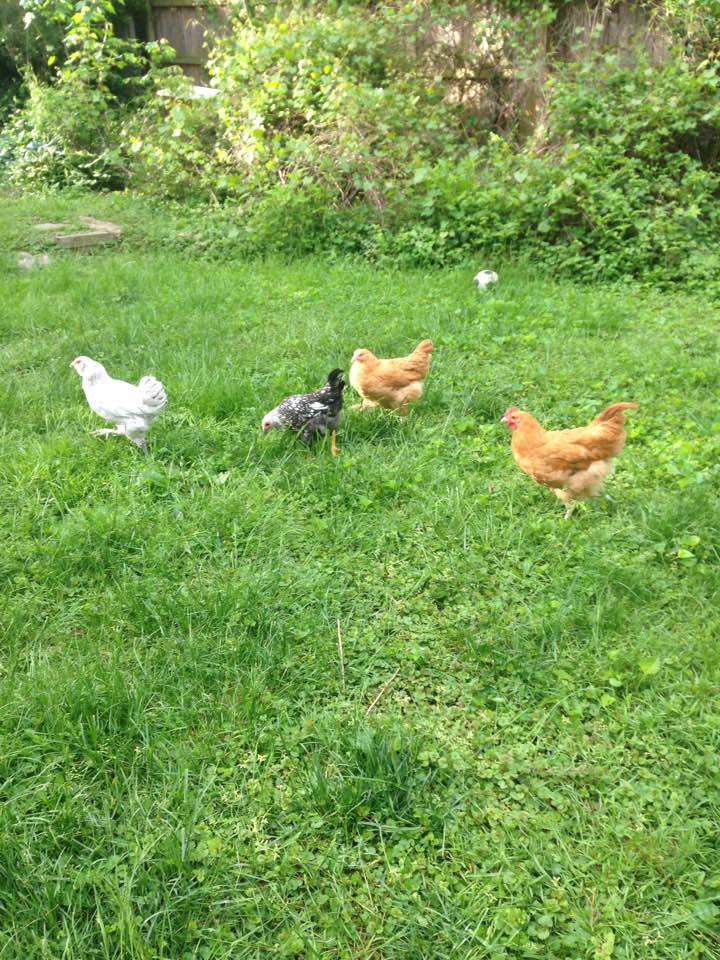
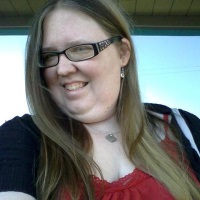 Tabitha is a social media strategist, writer, blogger, and professional geek. Among her published works are the children’s books Jack the Kitten is Very Brave and Machu the Cat is Very Hungry, both published under the name Tabitha Grace Smith. A California girl (always and forever) she now lives in Maryland with her husband, son, and a collection of cats, dogs, and chickens. Find out more about her on her
Tabitha is a social media strategist, writer, blogger, and professional geek. Among her published works are the children’s books Jack the Kitten is Very Brave and Machu the Cat is Very Hungry, both published under the name Tabitha Grace Smith. A California girl (always and forever) she now lives in Maryland with her husband, son, and a collection of cats, dogs, and chickens. Find out more about her on her 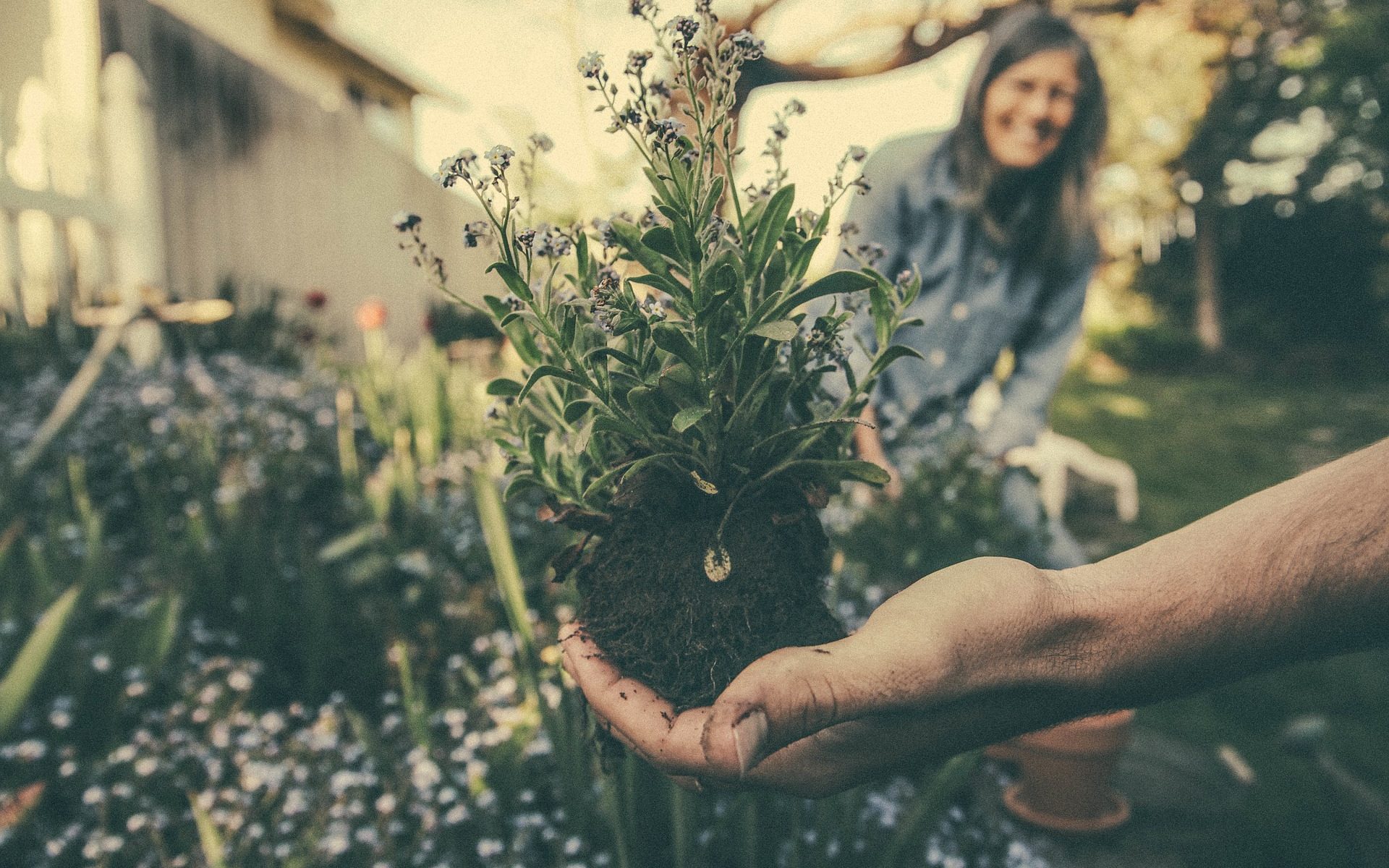
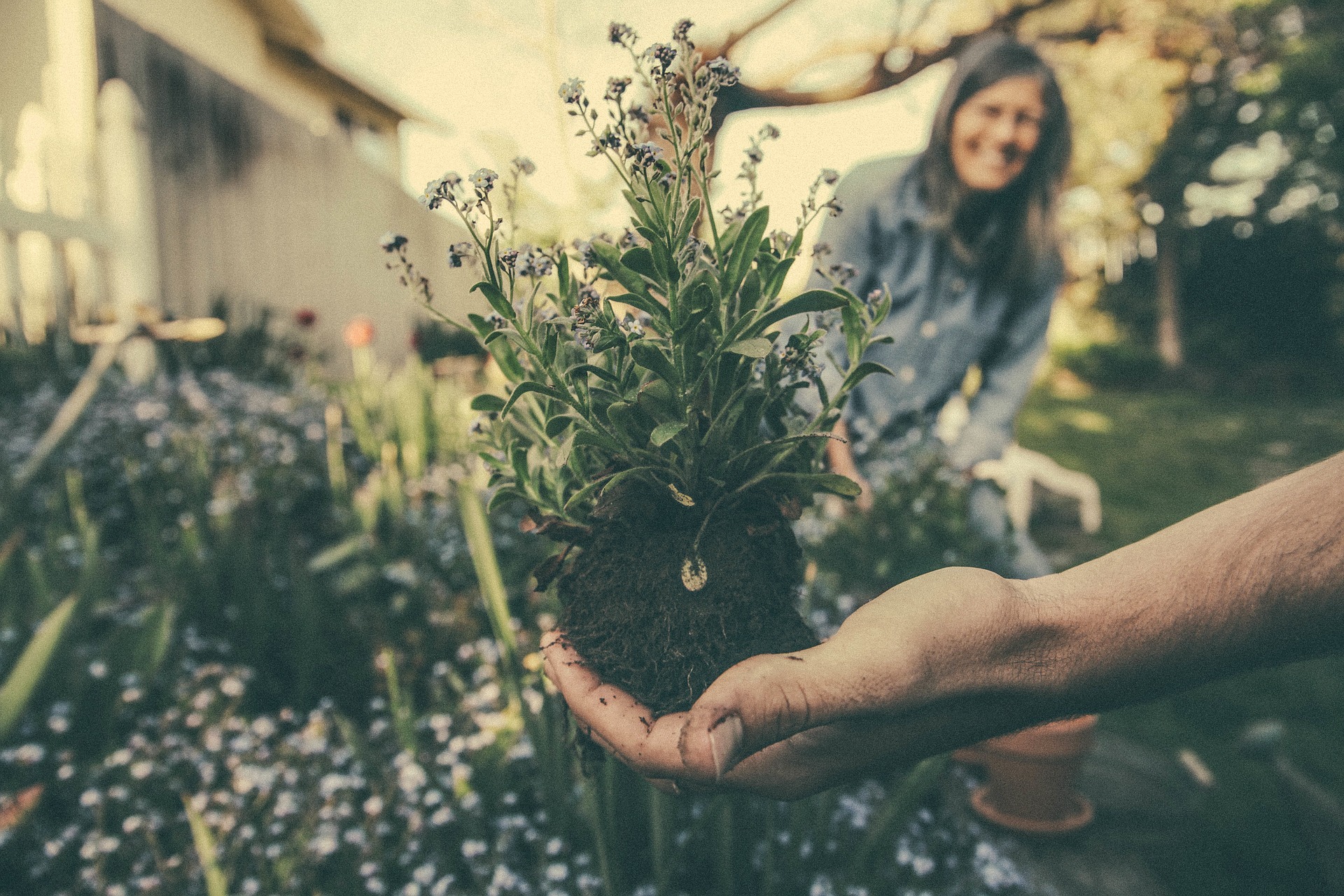


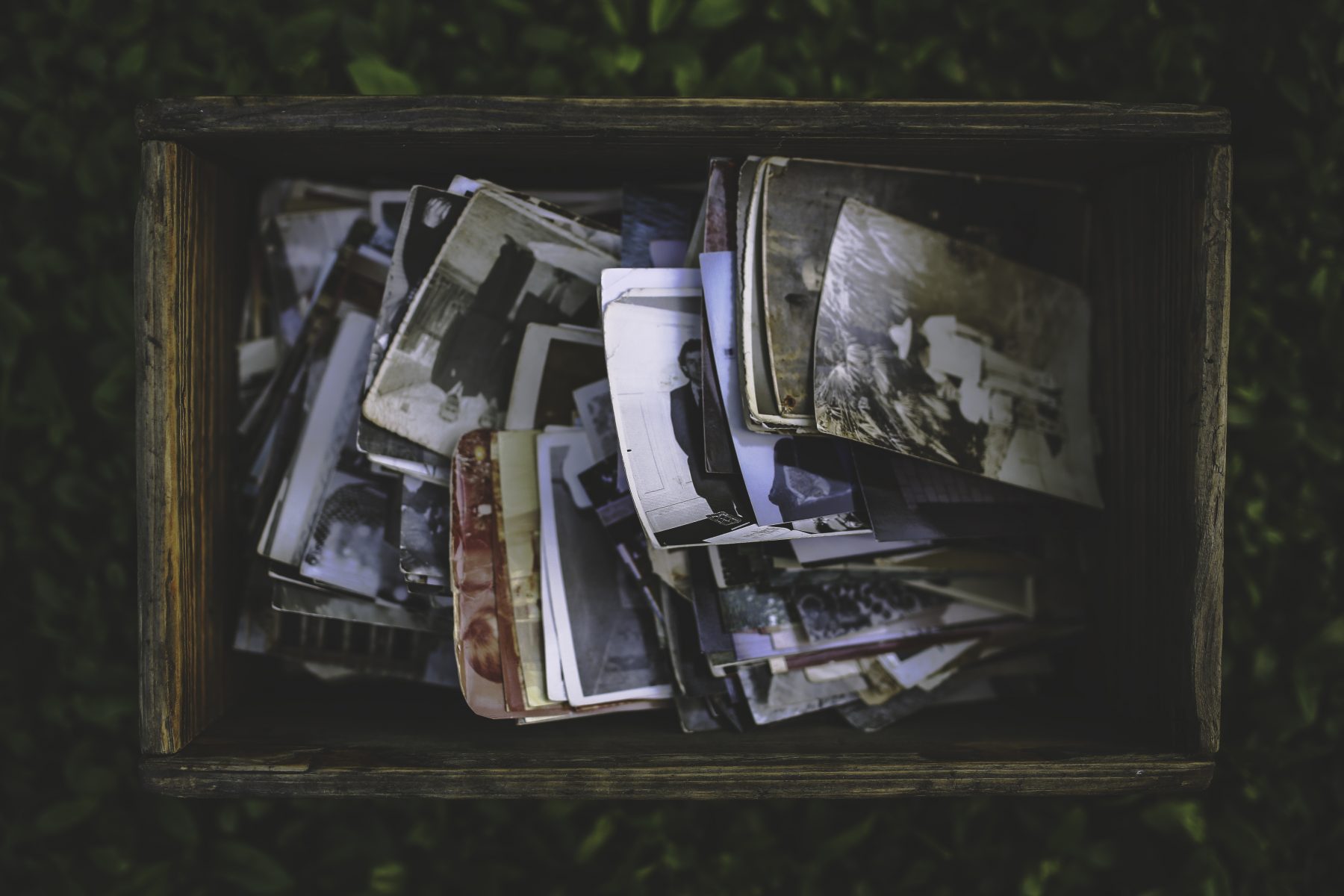
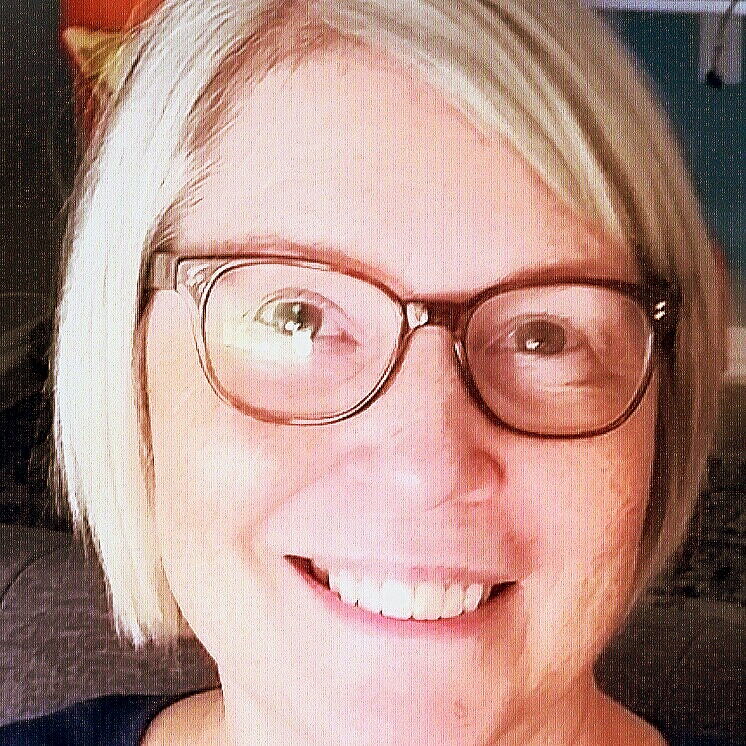 Mary Ellen writes about her life as an Air Force daughter, her reunion with birth family, gardening career, and survival of brain hemorrhage at mid-life. Her work has appeared or is forthcoming in Gravel Magazine, Wildflower Muse, The Remembered Arts Journal, The Vignette Review and Halcyon Days. She resides in Sarasota, FL with Phil, her husband, and their rescued Schnoodle, Finnegan.
Mary Ellen writes about her life as an Air Force daughter, her reunion with birth family, gardening career, and survival of brain hemorrhage at mid-life. Her work has appeared or is forthcoming in Gravel Magazine, Wildflower Muse, The Remembered Arts Journal, The Vignette Review and Halcyon Days. She resides in Sarasota, FL with Phil, her husband, and their rescued Schnoodle, Finnegan.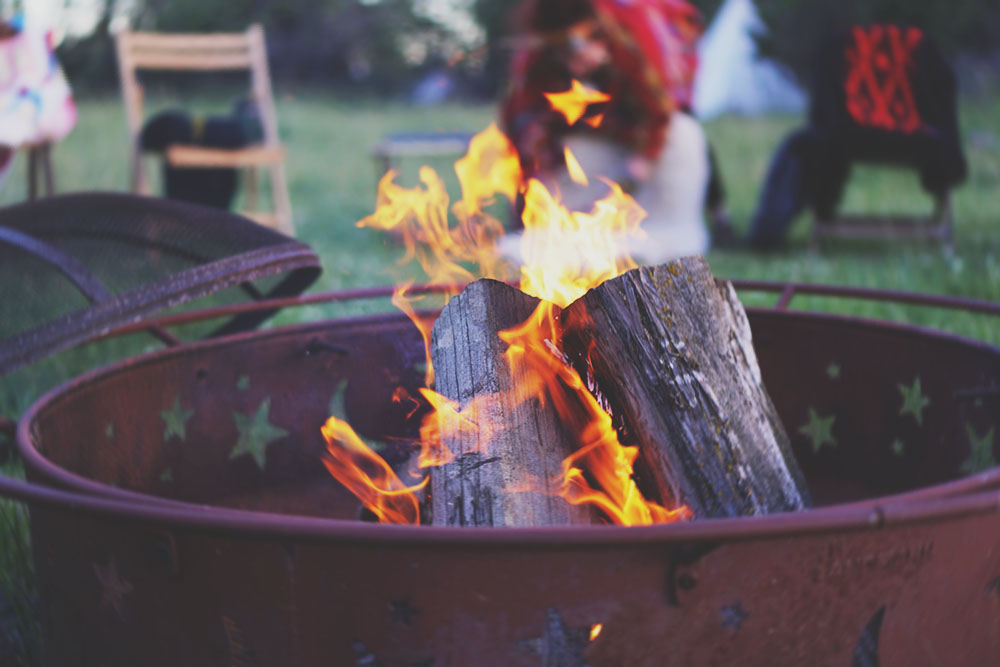
 Bella Cirovic is a photographer and writer who lives with her husband and daughter in the suburbs outside of NYC. She writes on the subjects of self care, body love and nourishment, crystals, essential oils, and family life. Catch up with Bella at her blog:
Bella Cirovic is a photographer and writer who lives with her husband and daughter in the suburbs outside of NYC. She writes on the subjects of self care, body love and nourishment, crystals, essential oils, and family life. Catch up with Bella at her blog: 




 Restless. Sleepless. Book-lover. Wordsmith. Deep roots. Prodigal heart. Teacher. Guide. Wanderer. Witch. Tea, tarot, hot baths, stitchcraft. Curator of narrative relics, remnants, & curiosities.
Restless. Sleepless. Book-lover. Wordsmith. Deep roots. Prodigal heart. Teacher. Guide. Wanderer. Witch. Tea, tarot, hot baths, stitchcraft. Curator of narrative relics, remnants, & curiosities.
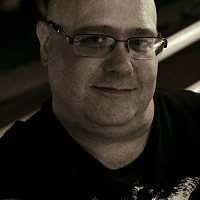 Robert Beveridge makes noise (
Robert Beveridge makes noise (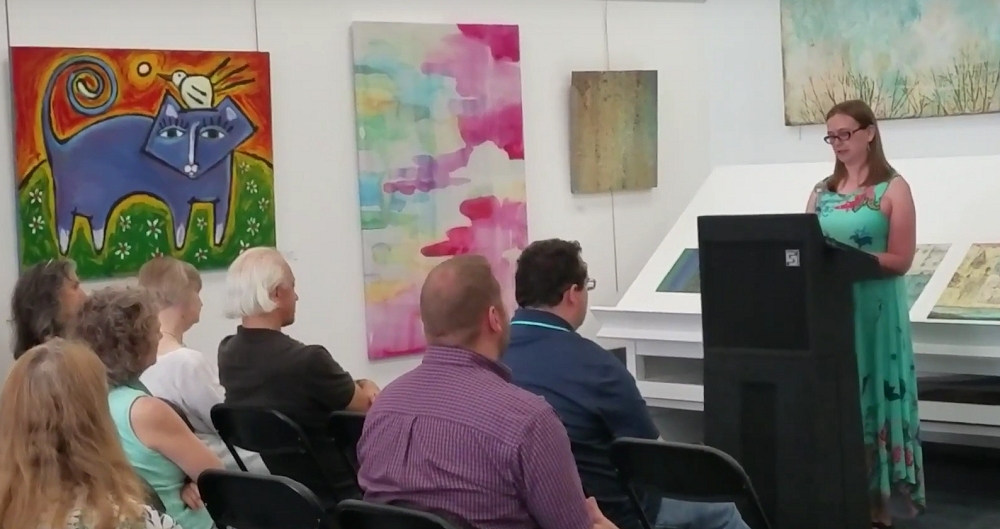
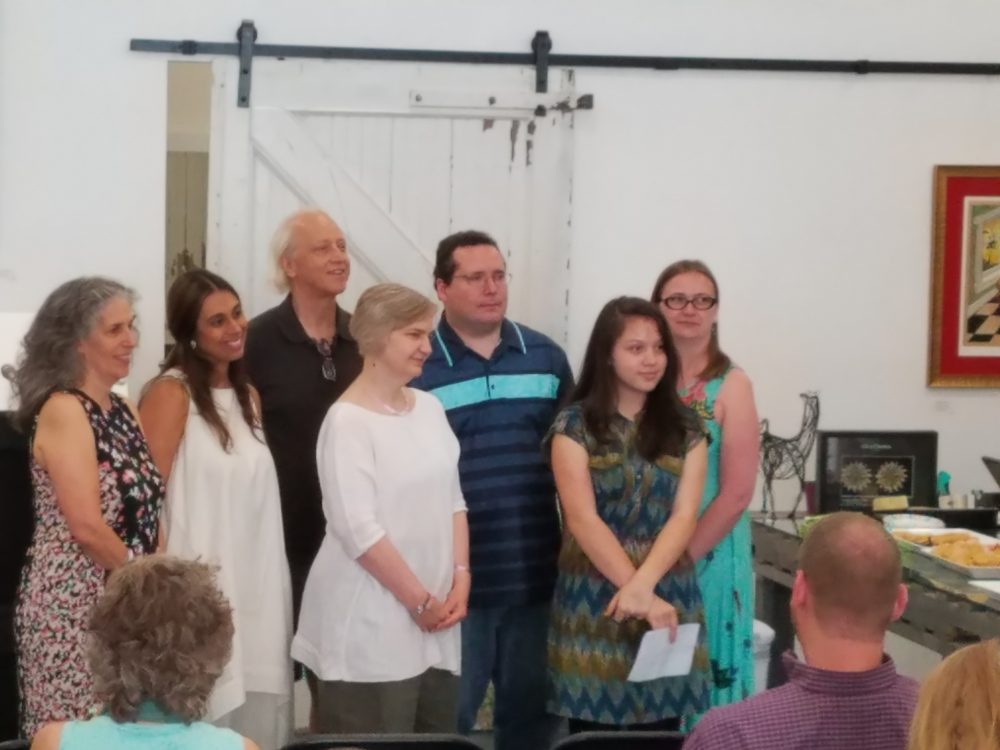
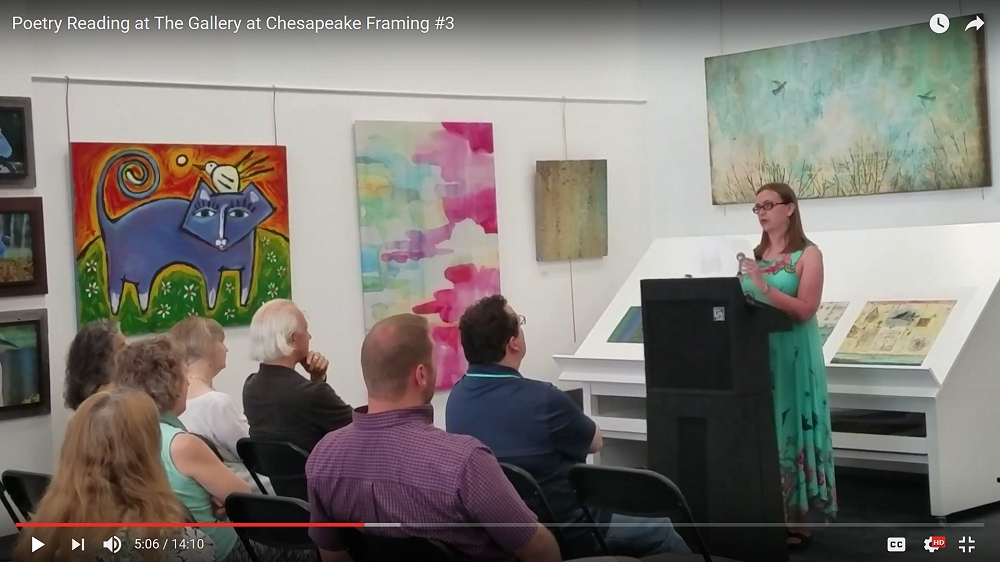
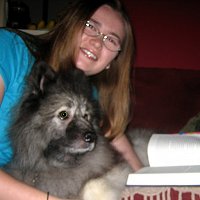 Serena M. Agusto-Cox, a Suffolk University graduate, writes more vigorously than she did in her college poetry seminars. Her day job continues to feed the starving artist, and her poems can be read in Beginnings Magazine, LYNX, Muse Apprentice Guild, The Harrow, Poems Niederngasse, Avocet, Pedestal Magazine, and other journals. An essay also appears in H.L. Hix’s Made Priceless, as does a Q&A on book marketing through blogs in Midge Raymond’s Everyday Book Marketing. She also runs the book review blog,
Serena M. Agusto-Cox, a Suffolk University graduate, writes more vigorously than she did in her college poetry seminars. Her day job continues to feed the starving artist, and her poems can be read in Beginnings Magazine, LYNX, Muse Apprentice Guild, The Harrow, Poems Niederngasse, Avocet, Pedestal Magazine, and other journals. An essay also appears in H.L. Hix’s Made Priceless, as does a Q&A on book marketing through blogs in Midge Raymond’s Everyday Book Marketing. She also runs the book review blog, 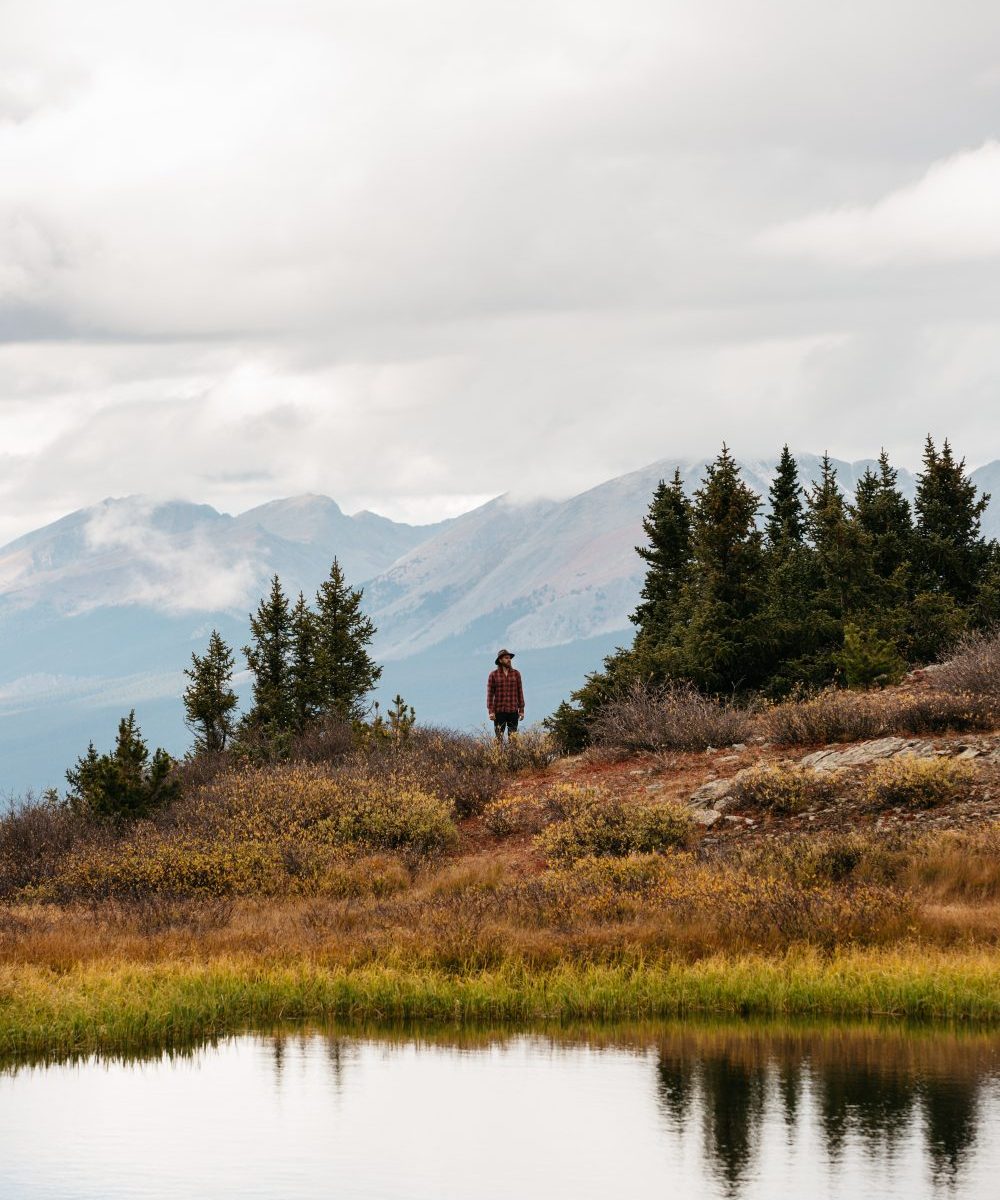
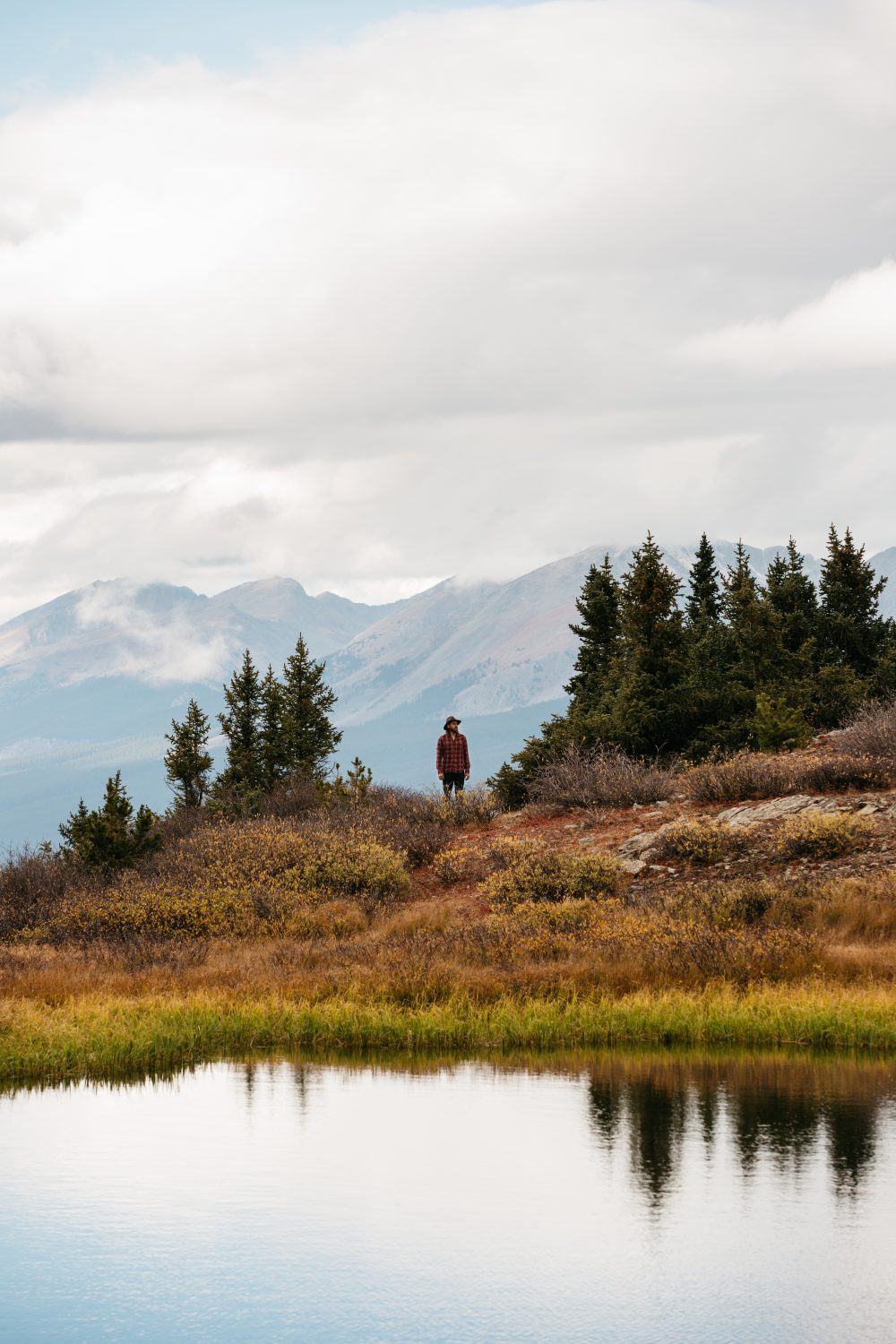
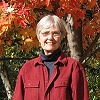 Patricia Wellingham-Jones is a widely published former psychology researcher and writer/editor. She has a special interest in healing writing, with poems recently in The Widow’s Handbook (Kent State University Press). Chapbooks include Don’t Turn Away: poems about breast cancer, End-Cycle: poems about caregiving, Apple Blossoms at Eye Level, Voices on the Land and Hormone Stew.
Patricia Wellingham-Jones is a widely published former psychology researcher and writer/editor. She has a special interest in healing writing, with poems recently in The Widow’s Handbook (Kent State University Press). Chapbooks include Don’t Turn Away: poems about breast cancer, End-Cycle: poems about caregiving, Apple Blossoms at Eye Level, Voices on the Land and Hormone Stew.